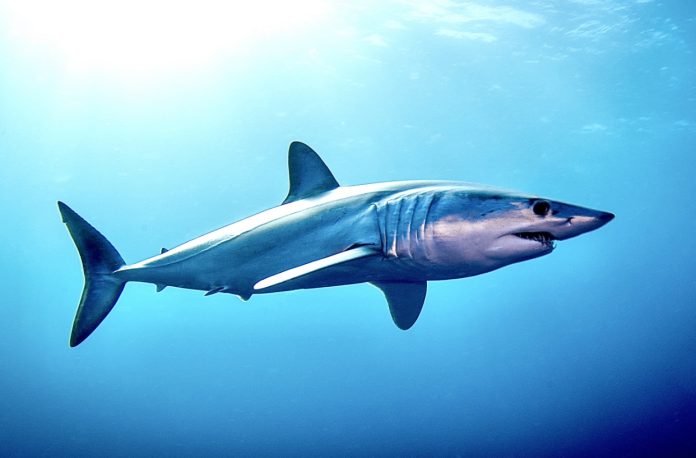
Array
Lawsuit Launched Over U.S. Failure To Protect Shortfin Mako Sharks Under The Endangered Species Act
You can help all animals and our planet by choosing compassion on your plate and in your glass. #GoVeg
RELATED ARTICLES
Banning Cruelty: New Legislation Aims To Ban Octopus Farming In The U.S.
New bipartisan legislation has just been introduced in the U.S. to ban commercial octopus farming and prohibit imports of farmed octopus from foreign countries.
The...
Outrage In Yellowstone! Grizzly Bear Killed By Wildlife Officials & Left With Head & Paws Cut Off
Photo by: Trisha McFarland / Cowboy State Daily
A photo of a dead grizzly bear with its head and paws cut off has caused an...
Inside Florida’s Illegal Horse Meat Trade: Undercover Footage Shows Racehorse Being Shot & Butchered
A heart-wrenching discovery of illegal horse slaughter has emerged, with video footage exposing the tragic killing of a racehorse named 'Funny Biz,' who was...
Popular stories
Breaking News
Facing Extinction: Borneo Elephants Now Listed As Endangered With Only 1,000 Remaining In The Wild
The Bornean elephant has been listed as Endangered on the IUCN Red List of Threatened Species due to threats posed by human activities. Around...
Breaking News
USDA Ends The Brutal “Sport” Of Horse Soring At Tennessee Walking Horse Shows
Photo credit: HSUS
Yesterday, the U.S. Department of Agriculture published a final rule to end the brutal practice of horse soring at Tennessee walking horse...
Featured Animal Spotlight
The U.S. Federal Government Kills Another Endangered Mexican Gray Wolf That Was A Father To Four Young Pups
According to a memo that was recently released by the U.S. Fish and Wildlife Service, the U.S. federal government killed the alpha male of...


